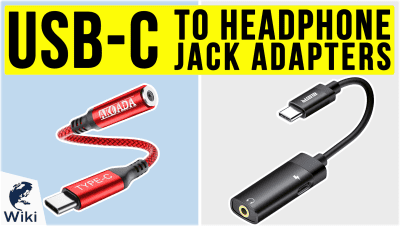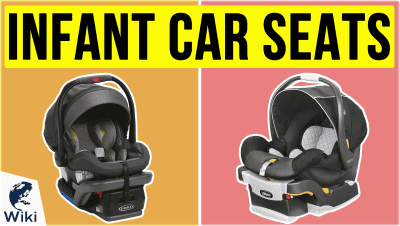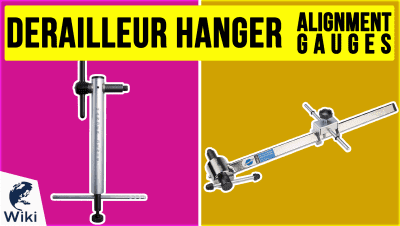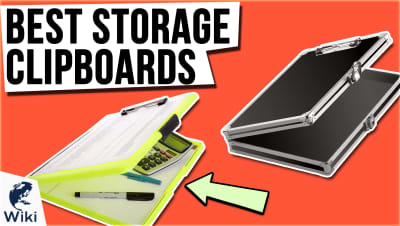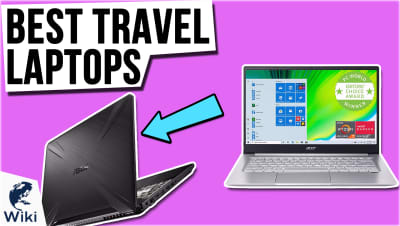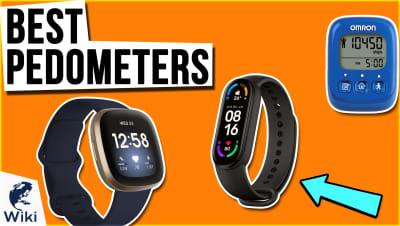Why Transferable Points Are Better Than Cash Back
It's difficult to teach others about the miles hobby, and it's always frustrating when people don't believe that you can really get free luxury travel just by using credit cards. If you've got a friend who insists that their cash back is worth more than your points, show them this handy guide that explains why some points are more valuable than others. For more on saving money on flights, read up on how to use Google flights to find the cheapest fares. This video was made with Ezvid Wikimaker.
What If I'd Rather Have Cash Than Miles?
Then you should go ahead and use a cash back card or redeem your points for cash. But don't you want to travel? Most people wish they could see more of the world, and this is a great way to do it. The value of miles and points is dependent on how you use them. If you use your miles for a flight that was cheap in the first place, you're better off just taking the cash back. But if you redeem your points for long-haul flights in business or first class that cost thousands more than the cash value of your points, you're maximizing the value and getting a great deal for something that you'd otherwise be unable to afford.
Key Terms
- Transferable Points - flexible reward currencies from credit card companies that can be redeemed in a variety of ways, including as cash, airline miles, hotel points, or for travel booked through portal sites. EXAMPLE: American Express Membership Rewards, Chase Ultimate Rewards
- Airline Miles - loyalty points for a specific airline. EXAMPLE: American Airlines AAdvantage, Delta Skymiles
- Hotel Points - loyalty rewards for hotel stays. Some of these are transferable to airlines. EXAMPLE: SPG Starpoints, Club Carlson Gold Points
- Travel Hacking - the art of navigating the system of rewards points and loyalty programs to earn cheap or free travel
- Card Churning - spending on a card to get the sign-up bonus, then moving on to another card, sometimes doing so with the same card multiple times
How Do I Get Started In The Miles Hobby?
The best way to start is to decide where you want to go. Once you know that, you can start earning the best point currency for getting you there. Depending on where it is and how many people you're bringing, you may want to earn flexible points, miles with a specific airline, hotel points, or even cash back. The other important thing to consider is how good your credit is and how to stay on top of your cards so you don't get into any trouble. Sites like The Points Guy and MileValue have great beginner guides for those who want to know more.
Why Credit Cards Are Better Than Debit Cards
Further Reading On Points & Miles
- The Points Guy
- Million Mile Secrets
- Doctor Of Credit
- MileValue
- Nomadic Matt
- Point Chaser
- Churning on Reddit
- FlyerTalk
- Frugal Travel Guy
- Club Thrifty
- View From The Wing
- Miles To Memories
- Boarding Area
In Depth
Frequent travelers know the value of airline miles and hotel points, which allow you to experience upgrades and free perks. One of the fastest ways to earn points is through credit card purchases, which is why many miles enthusiasts have several credit cards to maximize earnings, including a mix of airline cards, hotel cards, and transferable points, such as American Express Membership Rewards or Chase Ultimate Rewards.
Those new to this hobby might be enticed by cash back cards that offer a set percentage back on all your purchases, but experienced churners value flexible points above cash back or any miles with a specific airline. This will serve as a handy guide to explain exactly how transferable points work, and why they're more valuable than cash back.
Transferable points are currencies created by credit card companies that can be used in a variety of ways. The most popular are Citi ThankYou Points, Amex Membership Rewards, Chase Ultimate Rewards, and the most sought-after, SPG Starpoints. These points can be used to book travel through portal sites, redeemed for cool experiences, and taken in the form of cash back.
The most popular are Citi ThankYou Points, Amex Membership Rewards, Chase Ultimate Rewards, and the most sought-after, SPG Starpoints.
But the real value comes with transfer partners. You can convert your points into airline miles and hotel points. Each issuer has different transfer partners, which is important to know when selecting a card. While cash back gets you a redemption rate of 1 cent per point, you can get far greater value with airline miles, but the exact value of your redemption depends on how you use them.
To show you how to get the best value, we're going to analyze two popular cards, the AmEx Blue Cash Preferred, widely considered the best cash back card, and the Chase Sapphire Preferred, which earns Ultimate Rewards. We'll pretend you used them for a year, and racked up $15,000 worth of spending in that time, with 5,000 of that at the grocery store, two thousand at the gas station, one thousand at restaurants, and 500 on travel.
These are arbitrary numbers, and if you're using your card a lot, you'll probably spend way more than this. Interest rates will vary, but if you always pay your balance in full each month, you won't have to worry about that. Just remember to be responsible with your cards, and you'll be fine. As long as you're buying something, you might as well use a credit card, and as long as you're using a card, you might as well use the one that gets you the most free stuff.
Interest rates will vary, but if you always pay your balance in full each month, you won't have to worry about that.
The AmEx Blue Cash Preferred offers 6% cash back on groceries, 3% back at gas stations, and 1% on all other purchases. You also get a bonus of $200 for spending one thousand dollars in the first three months. After our year of spending, that bonus will be added to $300 back for groceries, and adding in the rest of our cash back, that brings us a total of $640 in rewards, which isn't bad.
The Chase Sapphire Preferred offers two Ultimate Rewards points per dollar spent on travel and dining purchases. The sign-up bonus is 50,000 points after spending four thousand dollars in the first three months. Let's say you get that bonus, along with 3,000 for travel and dining, and one point for every other dollar spent. That's a total of 66,500 Ultimate Rewards.
If you redeemed those points for cash, that'd be $665 to the $640 of the Blue Cash, a negligible difference since you can't predict that you'll spend these exact amounts in every category. But watch what happens when we want to use them to travel from Los Angeles to Seoul, South Korea in the middle of September.
But watch what happens when we want to use them to travel from Los Angeles to Seoul, South Korea in the middle of September.
Ultimate Rewards transfer one to one with Korean Air's Skypass program. It takes 62,500 miles to fly to Seoul in business class, plus around $115 for taxes and fees. So for $115, you're able to enjoy a wide seat that fully reclines, great meals, lots of leg room, priority boarding, lounge access, and more.
Now let's see how much it would cost to purchase that ticket. The cheapest business class ticket available is $2,558.30. No way your cash back can get you that. And what about economy? It'll still cost you $660, which is more than you earned with your card. You'd save almost a hundred dollars over the business class redemption from the Ultimate Rewards, but you're enduring that flight in economy. Checking Google Flights, the cheapest nonstop flight is roughly $500.
If you and a friend each got these cards and spent the same amount in the same places, one of you could fly economy to Seoul and still have $140 left over. The other one could spend $115 extra and enjoy Korean Air's business class service. Is Korean Air's business class worth $255 for a flight that lasts 13 hours? Most travelers would probably take that deal. It all depends on the level of comfort you want, but a cash back card will never get you this kind of leg room.
The other one could spend $115 extra and enjoy Korean Air's business class service.
Cash back isn't bad if your specific plan for using that cash is more valuable than the redemption you'd get with miles. If you're flying within the United States, you don't mind economy, or you're traveling to an area that's tricky to book with miles, you might be better off paying for the ticket since these aren't high-value uses for points. But if you want to experience the luxury of Singapore Suites, which can cost thousands per ticket, you'll need points to get it done.
Those experienced in this hobby probably have a dozen cards in their wallets, including transferable points, airline co-branded cards, hotel cards, and cash back cards. The best way to get started is to pick your dream trip and figure out what you'll need to get you there. You'll probably find that earning a flexible point currency is the way to go. Just be warned that once you try trans-pacific business class, you won't be able to go back.




